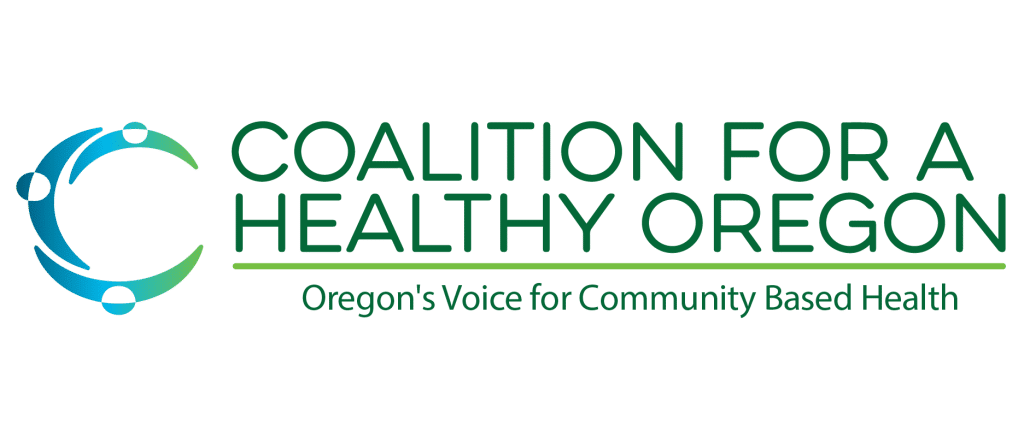COHO Partners with State, Offers Policy Solutions for COVID-19
As Oregon grapples with the COVID-19 pandemic, CCOs are well-positioned to help Oregonians access health care. At its core, the CCO model is designed to keep people out of emergency departments and hospitals. In a time when we are expecting a huge surge of people to utilize hospitals for emergency care, CCOs’ ability to keep Oregonians out of much-needed hospital beds for non-COVID-19 reasons is absolutely paramount.
We stand ready to assist and partner with OHA in any manner helpful, and we appreciate the agency’s work to provide flexibility during this crisis.
All the member CCOs of the Coalition for a Healthy Oregon are working daily with Oregon Health Plan members, participating providers, state and county health departments, and other community partners to keep people healthy and meet basic needs, as well as support our amazing health care providers. Because our CCOs are experts at delivering high-quality health care and are uniquely qualified to advocate for their communities, they put their heads together to offer reasonable and sustainable policy options for policymakers to consider as they work to find solutions.
Speeding up enrollment: As many people get laid off or furloughed without pay, we know that individuals and families might lose health insurance or become eligible for Oregon Health Plan (OHP) benefits. One idea to maximize continuity of care is to presume Medicaid eligibility for people who already receive unemployment benefits or Supplemental Nutrition Assistance Program (SNAP) food resources. This “presumptive eligibility” would allow CCOs to connect Oregonians with health care services in a timely fashion, preventing unnecessary hospitalizations. If a large number of Oregonians suddenly become eligible for OHP, it may be necessary to expedite the process of securing approval for capacity limitation increases.
Breaking down barriers: We appreciate Governor Brown and OHA for the speedy submittal of an 1135 waiver and State Plan Amendment to the federal government. Securing approval from the feds will allow CCOs to bypass certain requirements on utilization management, i.e., waiving prior authorizations and allowing people to receive care faster, including those who may be suffering from COVID-19. These measures will also allow CCOs to reimburse providers for telehealth services at a higher rate, and thanks to leniency from the Centers for Medicaid and Medicare Services (CMS), health care providers will be able to use a wider range of video technology for telehealth services.
Unprecedented community investments: CCOs have doubled down on food, housing, and other Health-Related Services to make sure no one falls through the cracks. Several of our CCOs have already taken action, using their social determinants of health investment dollars to ensure that children have access to food. While this funding cannot be sustained indefinitely, the state can take meaningful actions to support its continuation. One solution would be providing financial credits to allow these critical community investments to continue. Another solution could involve flexibility in how reserve requirements are calculated.
COHO is proud to serve the state and will continue to be a partner. As we navigate these issues together, CCOs will continue to do what we do best—care for our communities.



